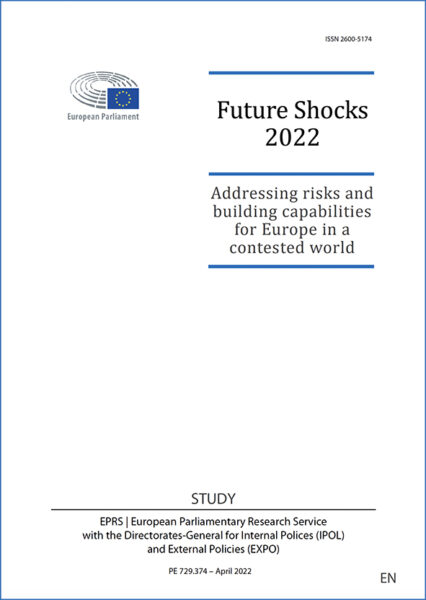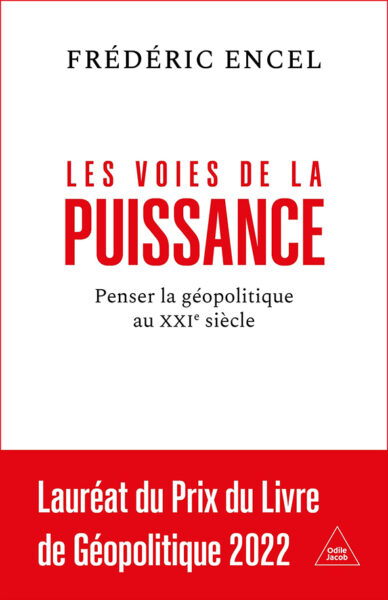As Alain Lamballe shows in this article, since 1995 the situation in Bosnia-Herzegovina has been relatively stagnant because the Dayton/Paris accords were so cumbersome, imposing rigid structures, as well as the lack of political will on the part of both Croats and Serbs, who reject any changes that would strengthen the central authority in the region. This authority remains weak, without adequate financial resources, compared with the two “entities” (the Bosnian-Croat Federation and the Republika Serbska), which want to maintain their prerogatives. Each of these two entities has control of its own economy (independent of the other) and its own army -in this regard, argues Lamballe, the commitment to reducing their armed forces, made hastily and at great cost in 2002, should continue to be implemented, but in a more rational way.
The international agencies are too fragmented and often act in a disorganized manner, without proper consultation with each other or with the local authorities. In fact, individual countries are still the most effective actors: the United States and Great Britain in the political and military spheres, and Germany in economic matters. Their actions -sometimes somewhat authoritarian in the case of the US and Britain, according to Lamballe- can appear to be justified given the inertia of the local authorities and the European Union. But they are disliked by the populations affected, with the exception of the multinational Stabilization Force, which is perceived as a guarantor of peace, preventing by its very presence the latent tensions between the ethnic communities from spilling over into violence.
Bosnie-Herzégovine : le jeu des acteurs
Cet article fait partie de la revue Futuribles n° 290, oct. 2003



